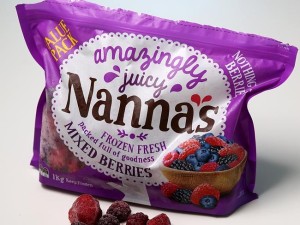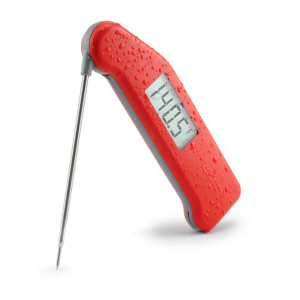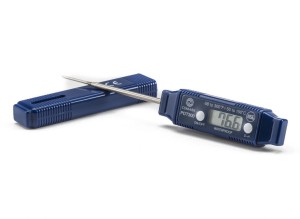Fairway “Like No Other Market” of New York, NY, is recalling Fairway brand Raw Hazelnuts (Filberts), because it has the potential to be contaminated with Salmonella.
 The Fairway brand Raw Hazelnuts (Filberts) were distributed to Fairway stores in New York, New Jersey and Connecticut, and also through home delivery programs provided by Google and Instacart.
The Fairway brand Raw Hazelnuts (Filberts) were distributed to Fairway stores in New York, New Jersey and Connecticut, and also through home delivery programs provided by Google and Instacart.
The product is packaged in clear, plastic cello bags of varying weights, each weighing less than one pound. The product bears Item Code 228119 XXXXXX. All “SELL BY” Date codes of May 15, 2015 and earlier are being recalled.
There have been no reported illnesses to date.
The recall is the result of a routine sampling program by the FDA which revealed that the finished product contained the bacteria. The company has ceased distribution of the Fairway brand Raw Hazelnut (Filberts) and removed the product from Fairway store shelves as the FDA and the company continues their investigation as to what caused the problem.









